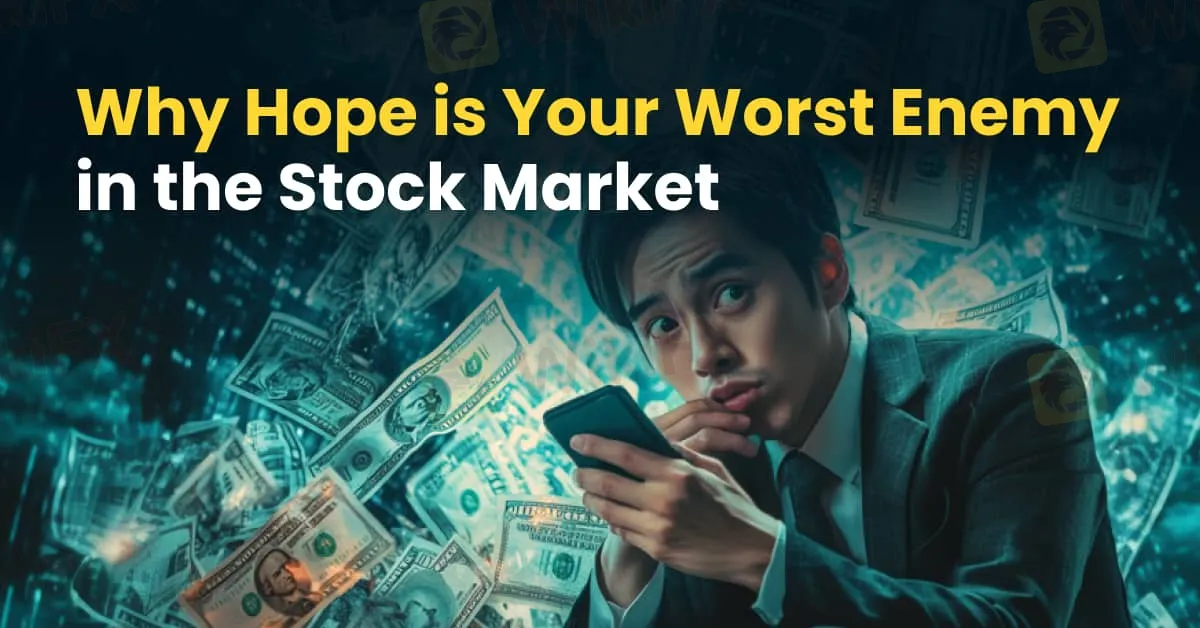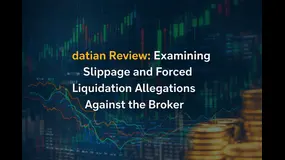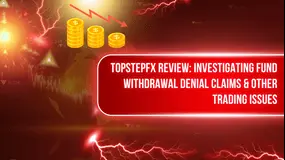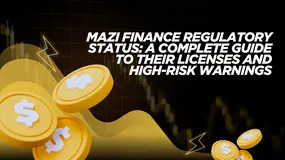WikiFX Valentine's Message | Trade Safely, Together Every Step of the Way
In the Forex Market, Trust Is Not a Promise — It’s Verified Through Safety, Transparency, and Support
简体中文
繁體中文
English
Pусский
日本語
ภาษาไทย
Tiếng Việt
Bahasa Indonesia
Español
हिन्दी
Filippiiniläinen
Français
Deutsch
Português
Türkçe
한국어
العربية
Abstract:In the world of equity investing, few forces are as quietly destructive as the investor’s own sense of hope. This psychological trap often known as the "illusion of luck" convinces retail investors that they are among the fortunate few who can defy market logic. More often than not, it ends in losses, disillusionment, and a harsh lesson from the market.

In financial markets, the most expensive mistakes rarely come from bad data or bad timing, but from bad thinking. At the heart of many retail investors‘ losses lies a subtle yet powerful psychological trap: the illusion of luck. It convinces traders that they’re the exception to the rule, that this time will be different, until its not.

Selective Memory
Retail investors tend to remember their rare wins, like catching a stock just before it surges, while conveniently forgetting the many losses that followed. This biased recollection fuels the belief in their own “market sense,” when in reality, the odds were simply in their favour once.
Overconfidence
A few lucky trades can lead to dangerous overconfidence. During bull markets, countless investors misinterpret their short-term success as skill. But when the tide turns, these same individuals often suffer heavy losses, having mistaken momentum for mastery.
Anchoring Bias
Many investors obsess over their buy-in price, convinced the stock will rebound “eventually.” But markets dont operate on hope. Sticking stubbornly to a poor position only deepens losses, tying up capital that could have been used more effectively elsewhere.
The Gamblers Fallacy
Some, after a significant loss, double down in hopes of a big comeback. This is a mindset eerily similar to gambling. This often ends in ruin, especially when leverage is involved. The more one loses, the more desperate the bets become.

These mental traps have tangible, sometimes devastating consequences:

To thrive in the market, investors must replace emotional decision-making with disciplined structure. This begins with setting clear exit rules. For instance, adhering to a 7% stop-loss can help contain losses before they spiral out of control. It‘s also crucial to recognise the role of luck; one successful trade does not indicate mastery, and long-term success relies on repeatable, well-defined strategies rather than fortunate flukes. After a loss, investors should resist the urge to jump back in with “revenge trades.” Instead, they should pause, reflect, and analyse what went wrong to avoid compounding their mistakes. Finally, it’s essential to adopt a probabilistic mindset: before each trade, ask whether the strategy has a track record of success over time and whether the risk-reward profile makes sense. The goal is not to hit one big win, but to build a system with consistently positive expected outcomes.

The cold reality of markets is this: they punish arrogance, ignore hope, and reward discipline. Success doesn‘t come from believing you’re lucky. It comes from building a process that survives good times and bad.
As Warren Buffett put it:
“Rule number one: never lose money. Rule number two: never forget rule number one.”

Disclaimer:
The views in this article only represent the author's personal views, and do not constitute investment advice on this platform. This platform does not guarantee the accuracy, completeness and timeliness of the information in the article, and will not be liable for any loss caused by the use of or reliance on the information in the article.

In the Forex Market, Trust Is Not a Promise — It’s Verified Through Safety, Transparency, and Support

Did you face losses due to a sudden change in the trading price on the datian platform? Were your transaction records deleted by the Hong Kong-based forex broker? Did the broker liquidate your trading account multiple times despite not reaching the stage where it mandated this move? Have you experienced heavy slippage on the trading platform? Concerned by these issues, traders have complained about the broker online. We will let you know of these with attached screenshots in this datian review article. Keep reading!

Did you face constant rejections of your fund withdrawal applications by TopstepFX? Have you been denied withdrawals in the name of hedging? Did you witness an account block without any clear explanation from the forex broker? There have been numerous user claims against TopstepFX regarding its withdrawals, payout delays and other issues. In the TopstepFX review article, we have investigated the top complaints against the US-based forex broker. Keep reading!

When choosing a broker, the first question is always about safety and legitimacy. Is my capital safe? For Mazi Finance, the answer is clear and worrying: Mazi Finance is an unregulated broker. While the company, MaziMatic Financial Services LTD, is registered in the offshore location of Saint Lucia, this business registration does not replace strong financial regulation from a top-level authority. Independent analysis from regulatory watchdogs shows a very low trust score, made worse by official warnings from government financial bodies and many user complaints about serious problems. This article provides a clear, fact-based analysis of the Mazi Finance regulation status. Our goal is to break down the facts and present the risks clearly, helping you make an informed decision and protect your capital.
